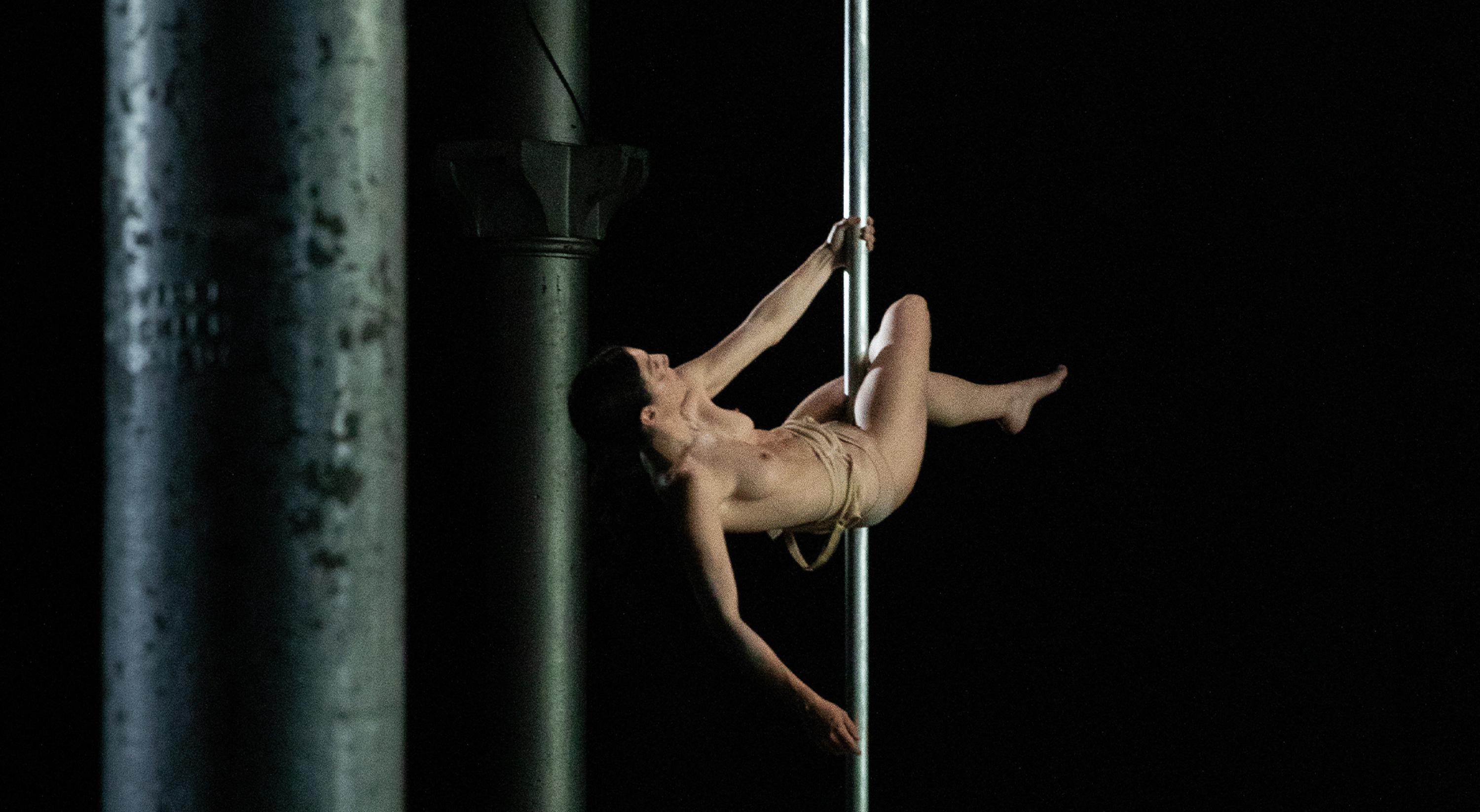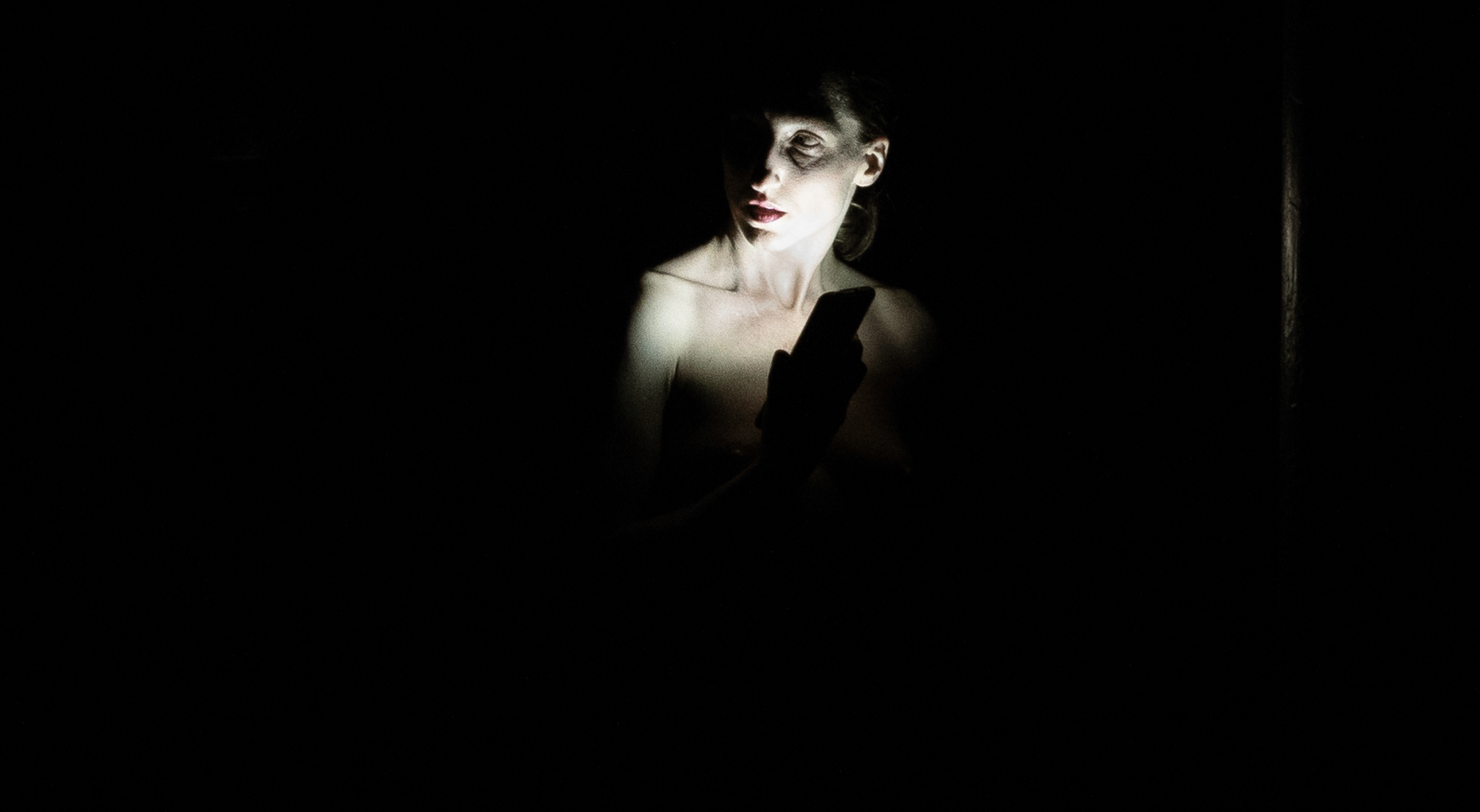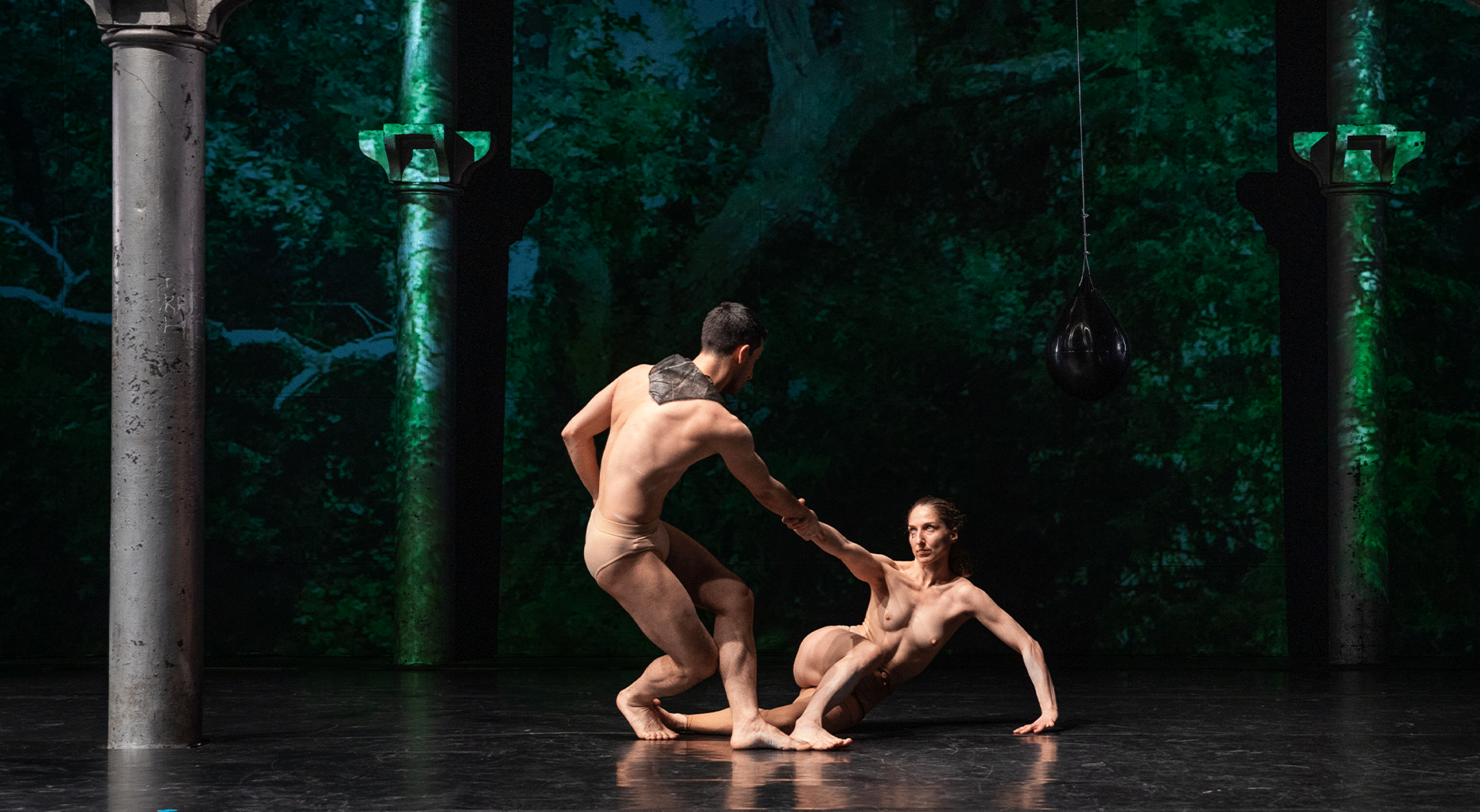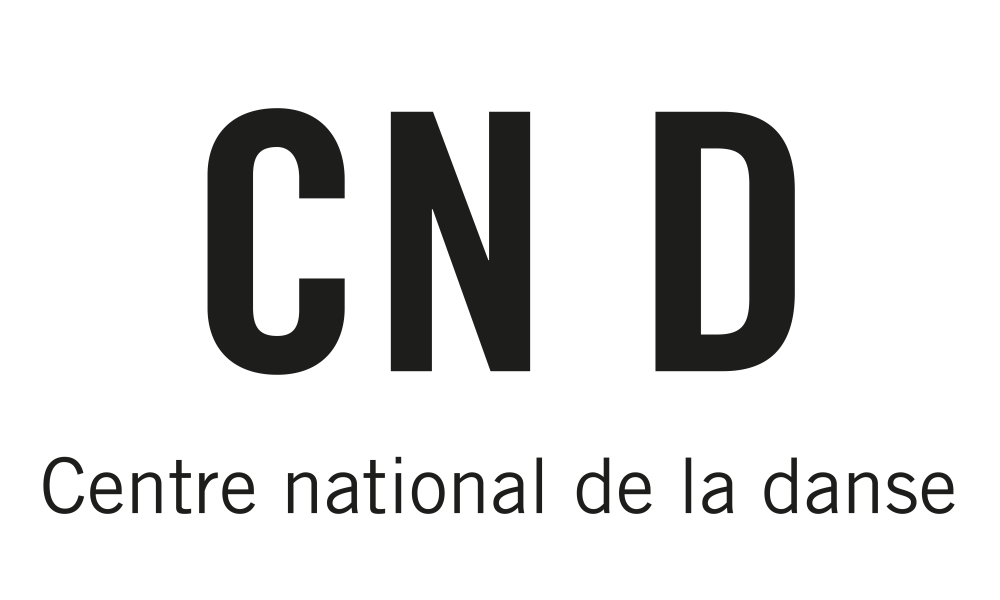Lenio Kaklea
Αγρίμι (Fauve)
decemberdec 7 – 9
Choreography, direction and video, Lenio Kaklea
Performers, Lenio Kaklea, Georgios Kotsifakis, Ioanna Paraskevopoulou
Sound, video and stage management, Éric Yvelin
Set design, Clio Boboti
Light design, Bruno Pocheron
Costumes, Olivier Mulin
Landscape, Sophie Laly
Dramaturgy and research, Lou Forster
Creative assistant, Dimitris Mytilinaios
Set design assistant, Filanthi Bougatsou
Pole dance training, Mandy Fragiadaki
Administration and production management, Chloé Schmidt
Distribution Kumquat, performing arts
Production abd
Coproduction Kunstenfestivaldesarts (Brussels); Serpentine London; Festival of Athens and Epidaurus; CND Centre national de la danse (Pantin); Festival d'Automne de Paris; Theater Spektakel Zürich; Pôle Sud - CDCN de Strasbourg; la Briqueterie – CDCN Val de Marne; ImPulsTanz International Festival and DanceWEB Life Long Burning Network; Le Dancing - CDCN de Dijon
With the support of the Fondation d'entreprise Hermès
abd - Association le O receives the support of the Drac Île-de-France under the Aide au conventionnement 2023-2024
The CND Centre national de la danse and the Festival d'Automne à Paris are coproducers of this show and present it in coproduction
Following on from the autobiographical solo Ballad and the piece for nine performers Age of crime, created as part of the bicentenary of the Greek war of independence, the choreographer Lenio Kaklea puts her dance to the test of the forest. By giving shape to fawn-like figures of fluctuating identity, we observe bodies as they undergo metamorphosis.
Forests are many things, ranging from fragile ecosystem, and biodiversity reserve, to place of fascination and legend. They are also everyday spaces for walking, foraging, hunting, observation and listening. The forest is an area where we might roam, lose ourselves, hide, or shelter. They exert a profound attraction on our bodies – as a place of transformation, flux and exchanges between organisms. Drawing on research spanning both anthropology and the imagination, the choreographer Lenio Kaklea traverses the foliage and woodland, with the objective of reinventing the presences which inhabit them over the course of rituals and dances which render these bodies permeable to their environment. Seizing upon the forest as a poetic, powerful, and dangerous force, rather than decor or landscape, Αγρίμι (Fauve) gives us the opportunity to experience identities that are in a constant state of metamorphosis – by turns meditative, untamable, eruptive or ecstatic.
See also



